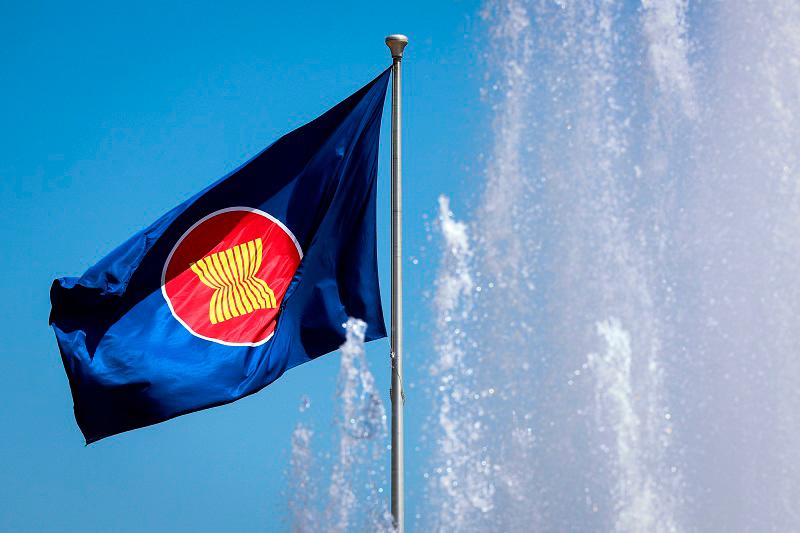KUALA LUMPUR: ASEAN has consistently maintained a neutral stance in its relations with both the United States (US) and China, and this remains central to the region’s diplomatic approach, said Finance Minister II Datuk Seri Amir Hamzah Azizan.
“So, while the US position and the Chinese position may have very different stances along the way, what ASEAN has been good at over all these years is to maintain some sense of neutrality -- some sense of being able to trade with each other, to trade with both sides without getting into very difficult ‘gaps or mess’ along the way,” he said at the ASEAN Leadership Forum in Washington, DC, on Friday.
“And I think that’s what we will continue to want to do, because a much more harmonious, much more open mechanism allows for a better outcome than a fractured mechanism.
“This has been proven in the past, and ASEAN want to continue to work towards that in the future,” he added during a one-hour session at the Centre For Strategic and International Studies (CSIS) forum.
He said this approach allows the bloc’s 10 member states, including Malaysia which is currently the ASEAN Chair, to foster constructive ties with both global powers while safeguarding regional stability and unity.
On whether individual member states engaging with the US separately contradicts ASEAN’s message of a unified approach, Amir Hamzah said the different levels of development of the member states need to be taken into account.
ASEAN, as a bloc, is quite sizeable with a combined with gross domestic product of close to US$3.8 trillion (US$1=RM4.37), making it the fifth-largest economic bloc globally.
“(However,) Singapore is probably very high up the value chain, and other members may not be so high up, and the nature of their exports and imports is also very different (from each other) and the skill sets that exist in the countries are very different,” he said.
As a bloc, there are common areas and potentials where ASEAN can work together, he explained.
“So there is no misalignment in that instance, and we will continue to push to enable greater inter-ASEAN trade and predictability, and deployment of joint projects in infrastructure and so on that are beneficial for the ASEAN economy overall,” Amir Hamzah said.
According to him, the shift in the global trading environment needed a response.
“So the first response that ASEAN said was actually, ‘Don’t fight it’, because when you actually dig in positions, you don’t create an environment where conversations can actually occur. Hence the non-retaliatory mechanism that we talked about,” he said, referring to ASEAN’s immediate response to US reciprocal tariffs.
Although the tariffs are currently on a pause, ASEAN’s Indochinese member states were the hardest hit, with Cambodia facing combined baseline and retaliatory duties totalling 49 per cent, followed by Laos (48 per cent), Vietnam (46 per cent), and Myanmar (44 per cent).
Thailand was subjected to a tariff rate of 36 per cent, Indonesia 32 per cent, Malaysia and Brunei both 24 per cent, and the Philippines 17 per cent, while Singapore faced a baseline tariff of 10 per cent.
Amir Hamzah said ASEAN continues to uphold its commitment to multilateral and rule-based mechanism.
“We want a rule-based mechanism to continue to exist. And I think each member state has a grip on those high level principles.
“But we are also practical in understanding that there may be differences between each state, and there may be differences in prioritisation that each state may want. Hence, bilaterals will continue to exist.”
Amir Hamzah said there’s no blame regarding members pursuing what makes sense for their national interests.
“But we must (also) have the ability to talk to each other, whereby we don’t, in the (bilateral) discussions, make things worse for other ASEAN members.
“Hence, there are regular ongoing communications between ASEAN members to make sure we don’t pin other members into corners. I think that’s the best outcome, giving flexibility that addresses the gaps in development growth while allowing members to exercise their sovereign rights to move on,” he added.
The minister said such diversity doesn’t weaken the bloc; instead, it underscores the need for bilateral relationships to carry on alongside regional efforts.









